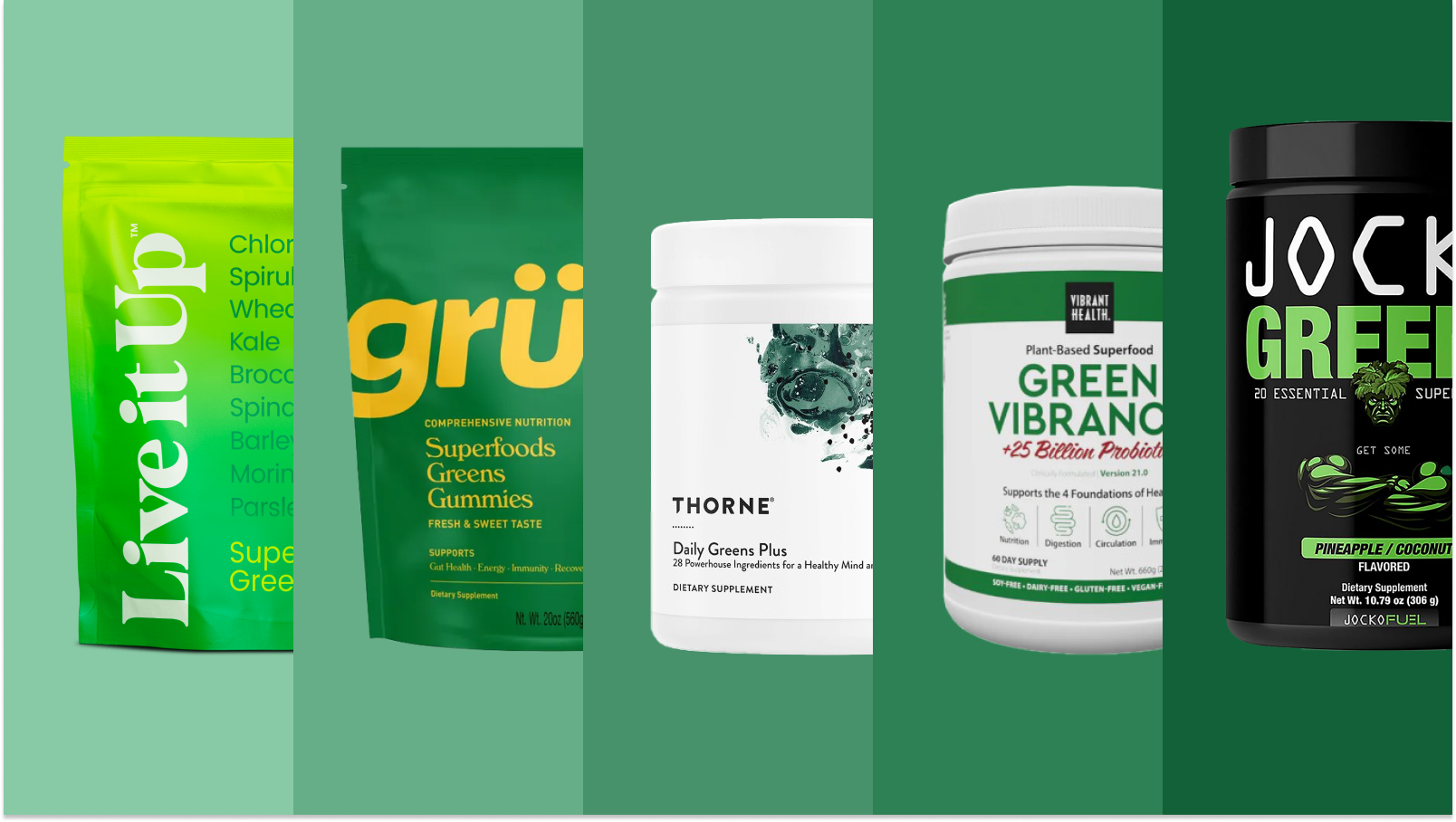The words “sports nutritionist,” bring up an image of someone who advises elite athletes who play for professional sports teams on what they should eat. However, they are also available to counsel regular people on their sports nutrition needs, no matter what level of sports they're involved in.
What Is a Sports Nutritionist?
Sports nutritionists counsel athletes and people interested in physical fitness on how to get their best performance by changing their diet to become more sports nutrition-focused. They assess fitness level, desired activity level, current exercise training regimen, and diet to help people figure out what they should be eating.
Thrive helps people integrate sustainable lifestyle habits that support educational efforts toward teaching them how to avoid "quick weight loss" or "get ripped fast" schemes, and instead, achieve their sports-related goals in a safe and healthy way.
Sports nutritionists evaluate nutritional supplements, consider sleep habits, think about lifestyle, look at herbal supplements, consider any food allergies, and craft a new diet to enhance athletic performance.
Am I a Good Candidate To Work With a Sports Nutritionist?
People who are serious about improving their athletic performance naturally, managing their weight in a healthy way, and are willing to invest in the process are probably good candidates to work with Thrive's sports nutritionists. For people who find themselves asking, "But how do I find a nutritionist near me?".
Get Matched with the Right Nutritionist - Take the Quiz Now!
Weight Management
For athletes of any type, weight management helps them lose body fat while maintaining muscle mass. Even if their only exercise is playing left field on the church softball team, they can still work with a fitness nutrition specialist from Thrive to manage their weight for optimal performance.
What people eat throughout the week can impact their performance on the field. On the off-chance someone hits a long fly in their direction, they need to be able to run to catch it, and they need the upper body strength to throw the ball back to the infield. Sports nutritionists can help them achieve this.
Enhanced Memory and Concentration
Working with a sports nutritionist can help improve memory and concentration so people can perform to their highest mental capacity on the field. Let’s stick with the left fielder on the church softball team, for example.
The left fielder is the most under-utilized player on the field. Most hits head for right or center field, so they're mostly out there watching grass grow.
Every once in a while, though, somebody will hit a ball their way, so they need to be alert enough to field it. That’s where enhanced concentration comes in. Memory comes into play so they can keep track of the other team’s batting roster, so they'll be able to remember who is likely to aim the ball in their direction.
Improve Training and Recovery Time
Suppose the trusty left fielders want to start working out during the week to improve their performance on the field. Their strength could be improved, helping them when they're at bat or hurling balls from the outfield. They should know how to maximize their training and minimize their recovery time.
Thrive's sports nutritionists can help address the nutritional challenges that come with working out regularly. When people are planning their workouts, they need to eat a meal two to three hours beforehand. If there’s no time to make that happen, eat a snack an hour before. Emphasize carbs to give you the energy you need.
Within two hours after a workout, eat a meal containing protein and carbs. Good examples are pasta with meatballs or chicken and brown rice.
How a Sports Dietitian Can Help You Create Healthy Lifestyle Choices
What does a sports nutritionist do? They help people make healthier lifestyle choices based on the sports they're involved in, their training schedule, and their athletic goals. Here are a few examples of ways a sports dietitian from Thrive can help depending on what activities people do.
Cycling
Cyclists should eat a balanced diet with sufficient calories to meet their nutritional needs. If these athletes aren't taking in at least 2,000 calories a day, they may be missing essential nutrients such as iron and calcium. Cyclists should consume plenty of protein and carbs for endurance and energy when they’re riding.
Long Distance Running
Long-distance runs go anywhere from 26.2 to 100 miles. The keys to success in these long-distance events are aerobic power, the ability to use a large percentage of that power, and high economy of movement. Overloading carbs on the days leading up to the race and overhydrating before the race can help runners succeed.
Football
Football — soccer to Americans — is another endurance sport. The football pitch is 8,539 square yards, and athletes have to run up and down the field for 45 minutes at a time, with only 15 minutes of halftime in between. Managing recovery time is something the sports nutritionists at Thrive can help with.
Basketball
Playing basketball is less of an endurance sport than soccer because the periods are shorter and there are more breaks due to fouls, time-outs, and halftime. However, recovery time is still important for these athletes. Carbohydrates and proteins in the right ratio are crucial to improving recovery time.
Weight Lifting
Weight lifting is a different type of sport. Athletes need one focused moment of pure muscle activity. They should carefully balance their nutritional intake to make weight with their body's needs for performing at a competitive level. Exercise science research on weight lifting is limited, so sports dietitians must tailor a diet for each weight lifter's personal needs.
Triathlons
Triathlons require strength and incredible stamina. The most famous triathlons are Ironman events, which combine a 2.4-mile swim, a 112-mile bicycle ride, and a 26.2-mile marathon. A sports dietitian’s help is crucial in helping these athletes prepare to compete, or even just participate, in an Ironman.
Overall Fitness
If all people are after is overall fitness, a sports dietitian from Thrive plays a pivotal role in helping them achieve that. They can recommend a good balance of carbs and protein while making sure people's intake of vitamins is appropriate.
Is a Sports Registered Dietitian the Same as a Sports Nutritionist?
A sports dietitian is always a sports nutritionist, but a sports nutritionist is not always a sports dietitian. Sports dietitians have to earn a bachelor's degree in dietetics, complete a dietetic internship, and pass exams to become dietitians.
To become a sports nutritionist, all you have to do is study nutrition. Aspiring sports nutritionists can earn a bachelor's degree in any related field, including nutrition, exercise science, kinesiology, or food science. They're not always required to register with the state, though some states do ask that they do so. However, it's a far less regulated field than sports dietitians.
Setting Realistic Success Goals for Working With a Sports Nutritionist
Working with sports nutritionists is not a one-and-done proposition. People should have an ongoing relationship with their sports nutrition professionals from Thrive to ensure they're getting the best results to meet their fitness goals in a healthy, sustainable way. Sports nutritionists can tweak people's diets along the way to make that happen.
How To Get Started With a Sports Nutritionist Today
"How do I find a sports nutritionist near me?" is a common question that comes up. Don't worry; it's easy to get started with the best sports nutritionists. All people have to do is take Thrive's quiz, which helps us figure out who on our team is the best fit for them. We’ll have a sports nutrition professional interview people to ensure they get the best match. Then we recommend a sports nutritionist to work with them.
Start creating a sustainable path to health. Take the quiz!
















.jpeg)



